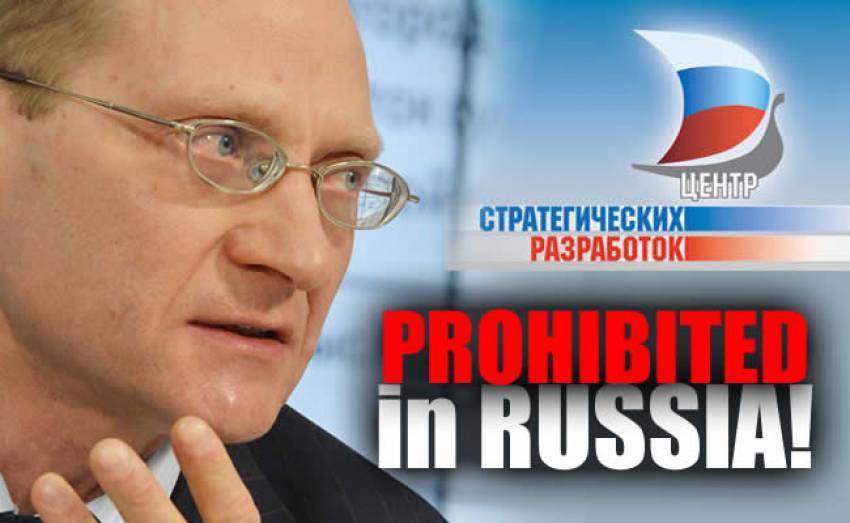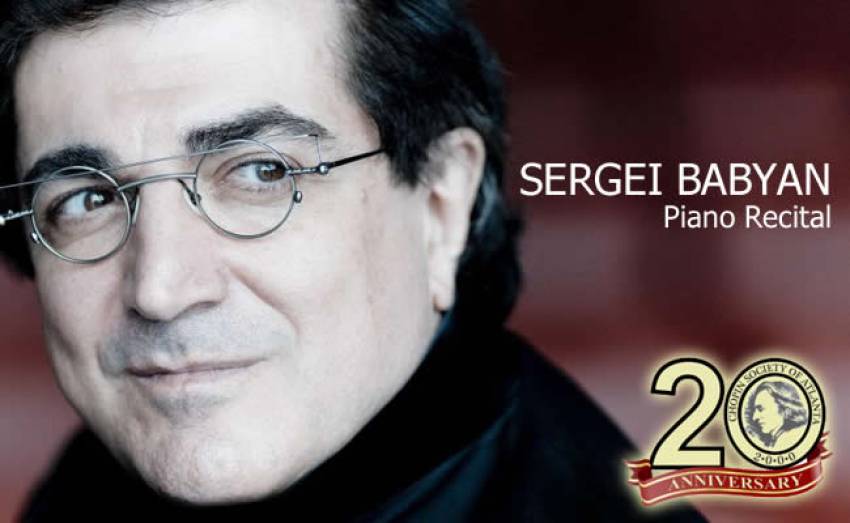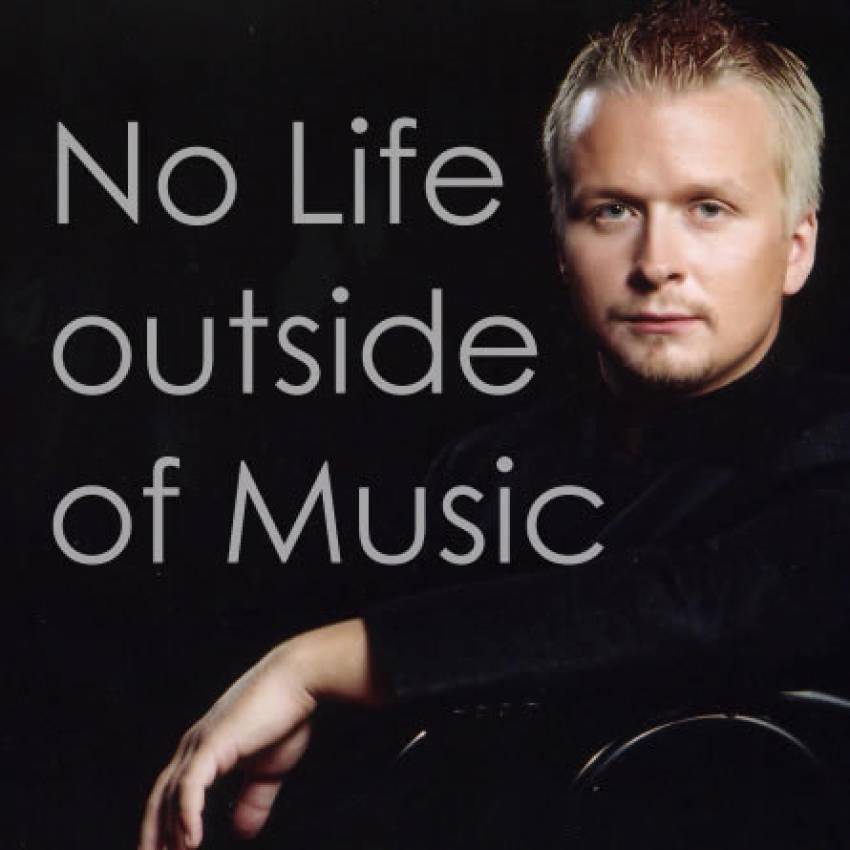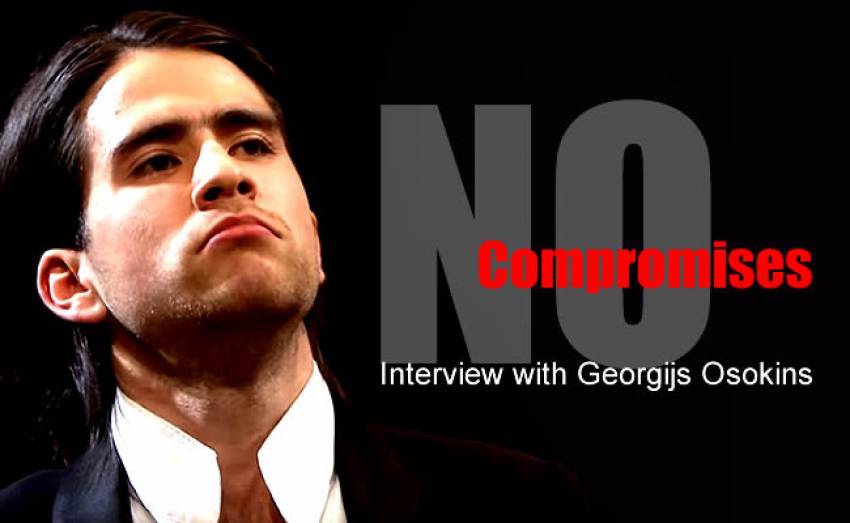
It has been more than 40 years since you won the second prize at the Fryderyk Chopin International Piano Competition. What do you remember most about this experience?
I remember the wonderful atmosphere in the Warsaw Philharmonic Concert Hall and a very enthusiastic public. It was the feeling that the whole country is involved in this event. For Poland, the name of Chopin and the Competition are national treasures. As a juror of many international piano competitions—in Japan, America, Israel, and of course in many very big competitions in Europe—I can say that the atmosphere at the Chopin Competition is rare and absolutely unique. I still remember the next day after the announcement of the results, when I went to Marszalkowska Street*, and everybody was congratulating me. I didn’t understand how they knew me. It was like I had become a national hero [laughs]. For the next two weeks, I gave many concerts in Poland. Surprisingly, people came up to me at the airport, on my way back home, congratulating me, saying warm words. It was amazing, unforgettable, really. About the artistic part, I must say that from the first round, I felt that I was playing short recitals without thinking about the fact that I was in a competition. This probably was big part of my success. It seems to me that Chopin’s music does not fit well with the term “competition,” which is why it is so important to be yourself and feel like you are playing a concert. Another thing was that on the day after the final concert, it was possible to buy the LP recordings of the concerto with the orchestra from the final stage. Of course, today when you tell this to young people, it’s nothing, but in 1975, it was really amazing to have it the next day. The Muza recording company did it overnight. It just again shows the enthusiasm about this great event.
After the competition, you returned to Moscow, and I understand it was a little bit hard for you to capitalize on your success.
A little bit?! This is not a good word to describe it! It was very hard. My husband, Michal Vaiman, who won the second prize at the Henryk Wieniawski Violin Competition in 1977, and I were both not allowed to travel abroad for almost eight years, from 1979 to 1987. You have to understand it is not “a little.” It was very serious that with our prizes, our big wish to play, and with invitations coming from all over the world, we could not go. If you ask me why, even now after more than 40 years, it is difficult to explain in just a few words. It has to do with the Communist regime in the Soviet Union, and for many people in America, it is still hard to understand.
Then you emigrated to Israel.
Yes. In 1989, the authorities opened a window, and we officially applied for immigration. So we went with our son, who was eleven, and my parents. But the last punishment from the authorities came later, when we were not allowed to take our instruments with us—no piano and no violin! This we cannot forget and cannot forgive. It had nothing to do with people—my friends and my beloved teacher. I cannot forgive the fact that the authorities took so many concerts and recordings away from my professional life.
How did this experience shape you as an artist?
Arthur Rubinstein once said that an artist needs to suffer: “The performer must shed at least a few drops of hot blood, his blood.” So maybe our life experiences made us stronger. We went through all these difficulties while still having the great will and enthusiasm to build our life in new countries. I used the time of this “professional exile” for developing my repertoire, my education, and of course for having time to be with my family. On the other hand, I never let this political situation affect my career.
Let’s go back to the Chopin Competition, but let’s move forward in time. You were a member of the jury in the most recent Competition, in 2015. What was this experience like?
First of all, it was a little bit sentimental and nostalgic, because my memories came back. As for the young pianists, there were a lot of wonderful, extremely good pianists. I was also in the preliminary stage so I heard them all. On the other hand, as my teacher Vera Gornostayeva once said, I have this “Chopin bacteria” and nothing can treat it [laughs], and unfortunately, I don’t find this bacteria in many young pianists. What makes Chopin so special was missing. It is naturality, not perfection. And a bit of lack of personality. Maybe they will show it in the future, but not many can I find whom I could call “Chopinists.”
In one of your interviews you said that many pianists are too young to participate in the Chopin Competition. Can you elaborate on that?
The Chopin Competition is different from other “normal” piano competitions, because it is monothematic, and it is very difficult for young people to be ready to say something about one composer and not to repeat themselves, to be mature enough to show their interpretation and understanding of the composer. I would not give a chance to play in the Chopin Competition to very young people, like at fifteen. It is too early. This is my personal view. Another thing is—and I don’t want to criticize young people, but when I was looking at their program in 2010 and in 2015, some of them played the same compositions. I was thinking, how is it possible, that if you like Chopin so much, you would not study another opus? For me it was unacceptable. We discussed this with jury members, and we agreed that people who want to play in the Chopin Competition need to show they have a repertoire—much more than three etudes, ballades and both sonatas, and then more choice from the mazurkas and polonaises. Five years is enough time to study a completely different Chopin program. They probably don’t want to take a risk and are afraid they would not be so perfectionistic.
Not surprisingly, one comment I have heard after the last two Chopin Competitions is that there were a lot of excellent pianists, but at the end, the mathematician won and the poet lost.
This is right. Because these days it is all about perfection, which by the way also comes from the standards in our lives. Of course, people like it when someone does not make a single mistake. But when I see a true personality who makes a little mistake, I do not give him or her fewer points for the performance, because I sit in the same chair, and we are all human beings. It is normal to make mistakes. If there are no mistakes, it is like listening to a CD, with hundreds of retakes. Even computers are not perfect; they have viruses [laughs]. But this is how it works now, unfortunately for musicians.
What do you tell students when teaching them how to interpret Chopin’s music?
I tell them that Chopin is the best teacher. They only need to look in the music, in the text. Think about the music. Think about the meaning of this music. For me this is most important. What I teach them is what I want from myself: Be yourself, be natural, be honest. Another thing is that you should never repeat yourself. Even for me, when I take a composition I have played before, I try to work on it like it’s a completely new piece. Once you have mastered it, you think that you know. And that’s the worst thing you can do. You need to see it anew; you need to see how rich in text and in meaning this music is.
What meaning do you have in mind?
Each piece, even a mazurka, tells some little story, a tale; it is a small piece of life. Everyone needs to find it on his or her own. I try to explain to my students that each articulation sign is important, but they need to be inquisitive. They need to read, they need to see the world, get experience. You cannot take it from someone else; it has to be your own interpretation. Each Chopin miniature has a lot of meaning and has its own structure. I will tell you an interesting story. When I was in Warsaw as a juror, I went with another jury member to see Chopin’s manuscripts, which was a wonderful experience. Through his handwriting, his articulation marks and the graphical way he wrote his music, you could really see his personality. And I was thinking that it would be good to show this to every participant.
What about the emotional side of Chopin’s music?
A sense of emotional balance and the control of different emotions is very special and most important in his music. Chopin’s music needs strict deliberations of every detail. Classic completeness and clarity of design are surprisingly combined in Chopin with the brightness and freshness of folk material and the free emotionalism of romantics. The refined, polished character of each intonation and the impeccable logic in the organization of musical material make it possible to see the features of “Mozartianism” in Chopin’s artistry.
What is the biggest mistake the interpreters of Chopin’s music make?
Each great composer has his own language. Each interpreter also has his or her own language. I think that each interpreter should study how to convey the composer’s language as if it was his or her native language. For me, the biggest mistake is to see in Chopin’s music only beauty without understanding the deep meaning of his music. Artificial rubatoes, too fast tempos, and the ignorance of Chopin’s language often prevent the expression of the real texture of his music. Chopin has a deeply individual system of intonation, which, above all, determines the uniqueness of his musical style in general. It is organic and inimitable, and it permeates all his works. This allows us to instantly determine his authorship. Another very important thing is to be natural and honest. Then Chopin will answer you with love.
You have made recordings on historic instruments, such as the Pleyel and Erard. How did this help you understand Chopin?
I learned a lot. The sound, the pedal and tempo—everything is different. On Erard, you cannot play fast; it is mechanically impossible. When you play those instruments, you understand better what Chopin was thinking with regard to the sound, the acoustics and the color. But you cannot play these instruments in big concert halls. Places like old aristocratic salons, where Chopin used to play, would be preferable.
Tell us something about your latest CD.
I have recorded 24 Preludes by Scriabin, Opus 11 and 24 Preludes by Chopin, Opus 28. It is a very interesting recording program, which I have already played in the USA, Canada, Europe, and Japan.
Why this combination?
Forty-eight preludes by Chopin and Scriabin combined in one cycle are the timeless, symbolic image of the feelings and emotions of human existence. Each prelude of the cycle expresses a fleeting feeling, a fleeting thought. I call them “my 48 lives” [laughs]. I start with Scriabin, and then when you hear Chopin, you see him in a different light. Similarities are very interesting, sometimes paradoxical. Scriabin was definitely inspired by Chopin. The preludes were written in the same way [one in each of the 24 keys]. The only thing that over the centuries seems to be constant is the universe which surrounds us. It is in its immense space that we can find answers about human existence. I will play some of these compositions in Atlanta as an encore, and it will be possible to buy my CD during the concert in Atlanta.
The interview was conducted for the Chopin Society of Atlanta, the organizer of the Atlanta concert on October 7, 2017. See www.chopinatlanta.org for details.
*Main street in downtown Warsaw



















